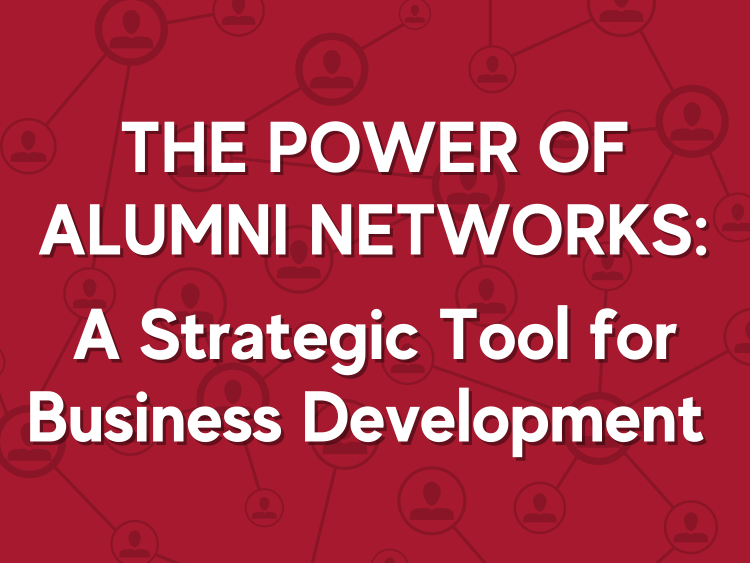Public relations professionals ardently wish that PR were more science than art so that it could be easily predicted. The truth is, though, that PR is more art than science, and sometimes art is frustrating.
I was prompted to this observation by a recent interaction: Berbay Marketing & PR pitched a story for a client who happens to be in a technology industry. We got some responses from reporters, including from the Wall Street Journal – exciting news for us and our client.
As often happens, the project evolved over several months, first with our offering of information, followed by answering more questions that helped the journalist decide it was worth pursuing an article. The reporter did interview our client and said he would be writing a story after he did more research. The anticipation built as the reporter called back a couple more times with more questions.
Our client provided all the information the reporter asked for, even supplying illustrations and photographs for the article. This is exactly how we want it to work. The reporter said the article would run in the next few days – no later than the weekend. We checked the paper every day, but no story.
Finally, publication! We all hungrily read the article. The reporter was thorough, having interviewed many people. In fact, he quoted a competitor of our client. The one thing the story did not include was a quote from our client, who was understandably disappointed.
So was I. Here’s what I told my client post-publication:
There are no guarantees when you work with the media. Reporters and their organizations are independent entities, and no matter how helpful you are to them, they will never promise publication of the information you so willingly provide. It’s simply part of the deal when working with journalists.
Still, although they won’t always admit it, reporters have feelings, and they appreciate working with reasonable people. The groundwork you and your PR agency do builds a relationship. Your expectation is to (usually) gain some notice for your investment in the relationship. The reporter acknowledges this and when he does stories in the future, he will call you because you are a great resource. You are in the Rolodex.
Next time a reporter calls, you will get an opportunity to tell your story and convey your message. You can’t control how it will be used – whether it will be used at all – or what the headline says. Once you position yourself as a person of knowledge and expertise, however, you are more likely than not to be quoted in influential media – and to be happy with the result.
Like most artistic endeavors, it’s worth pursuing despite the challenges and the occasional heartache.


